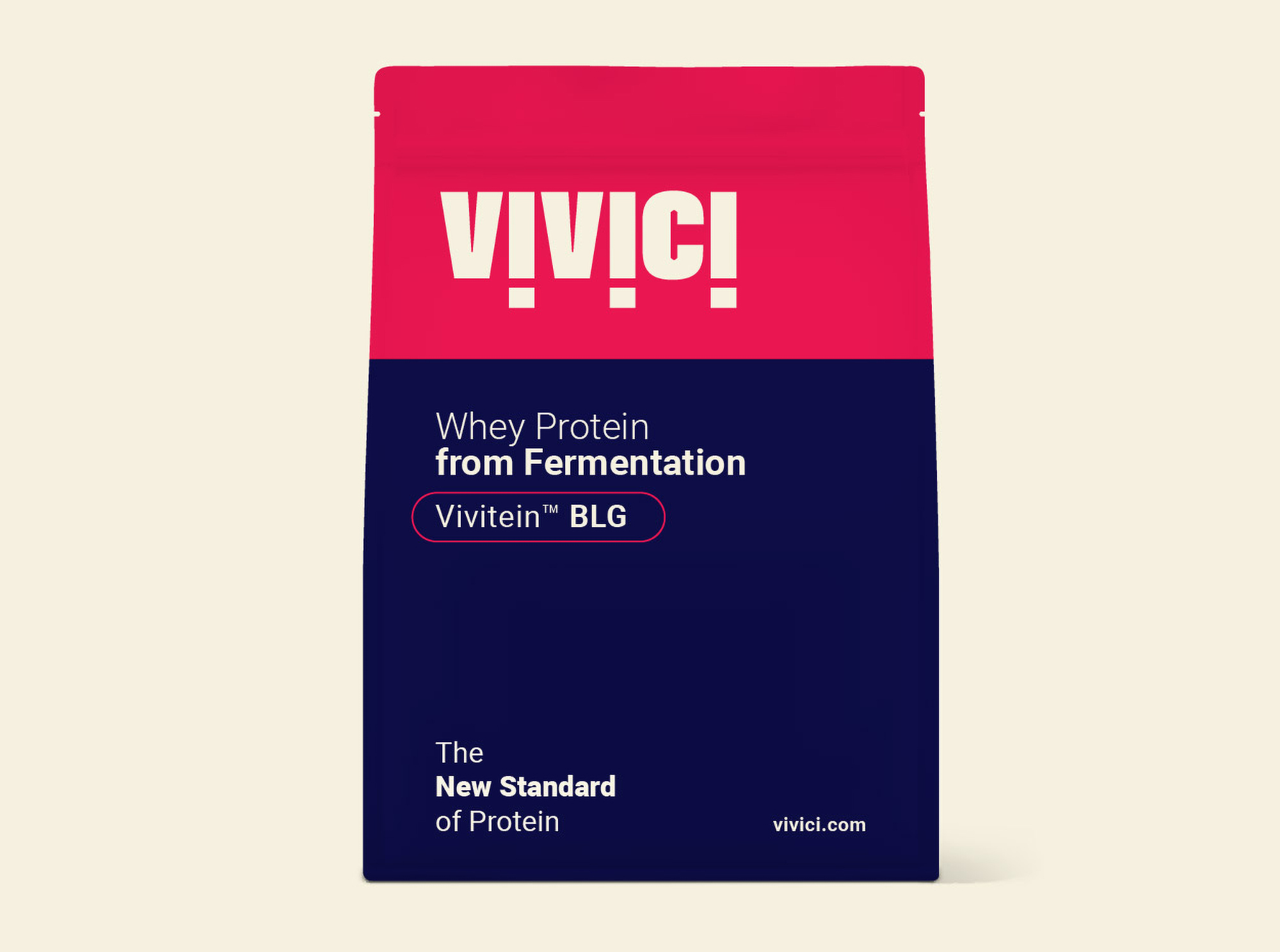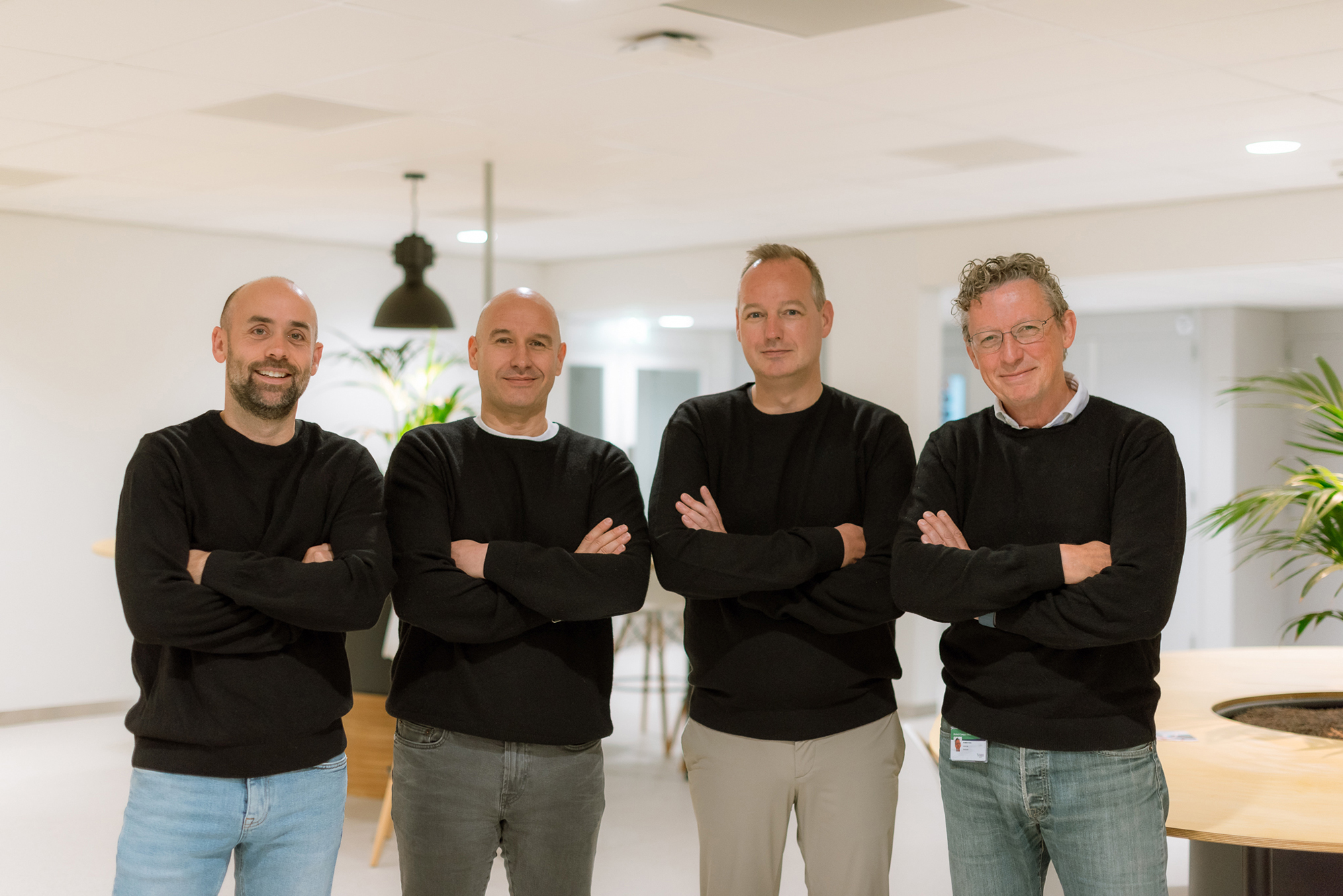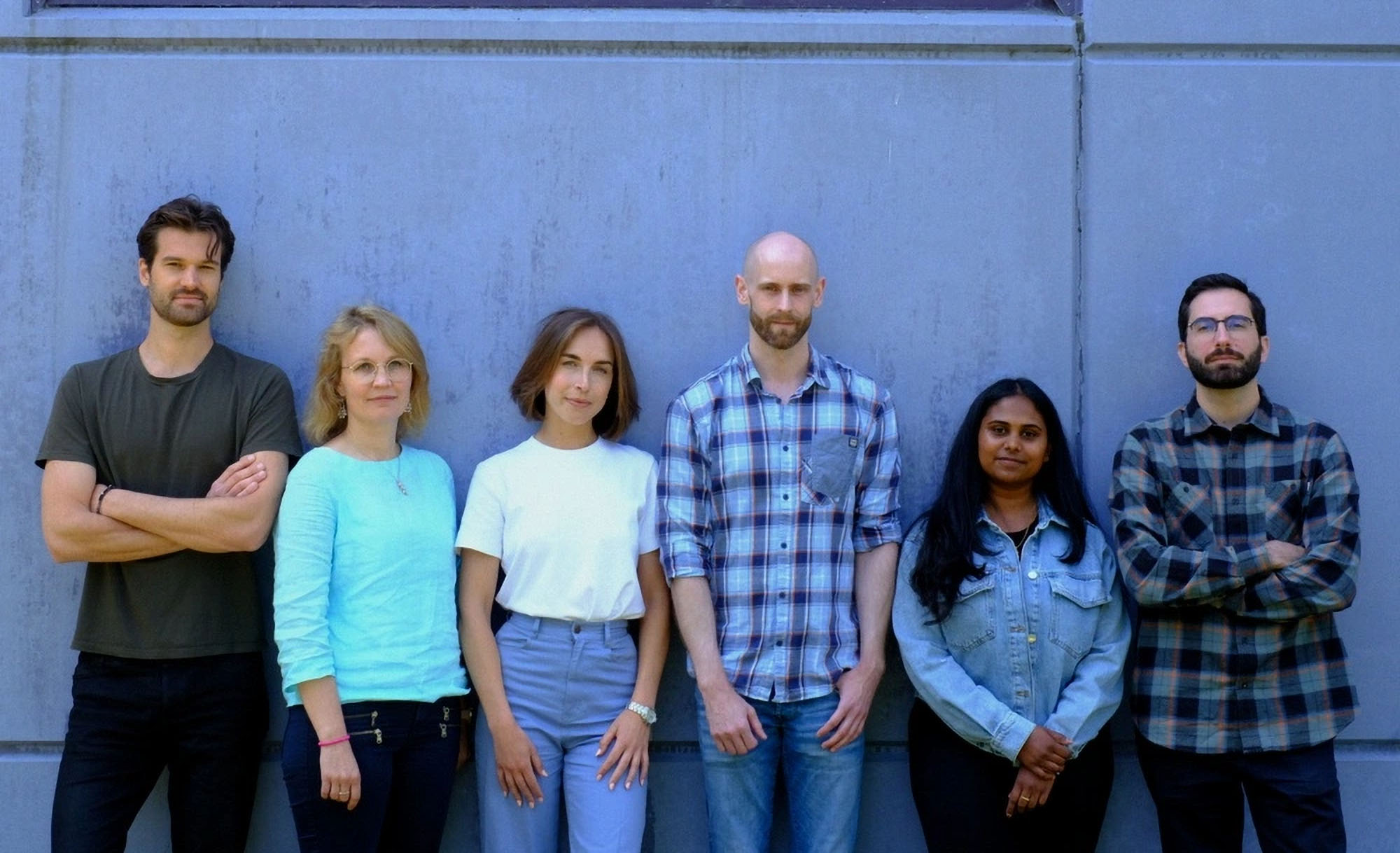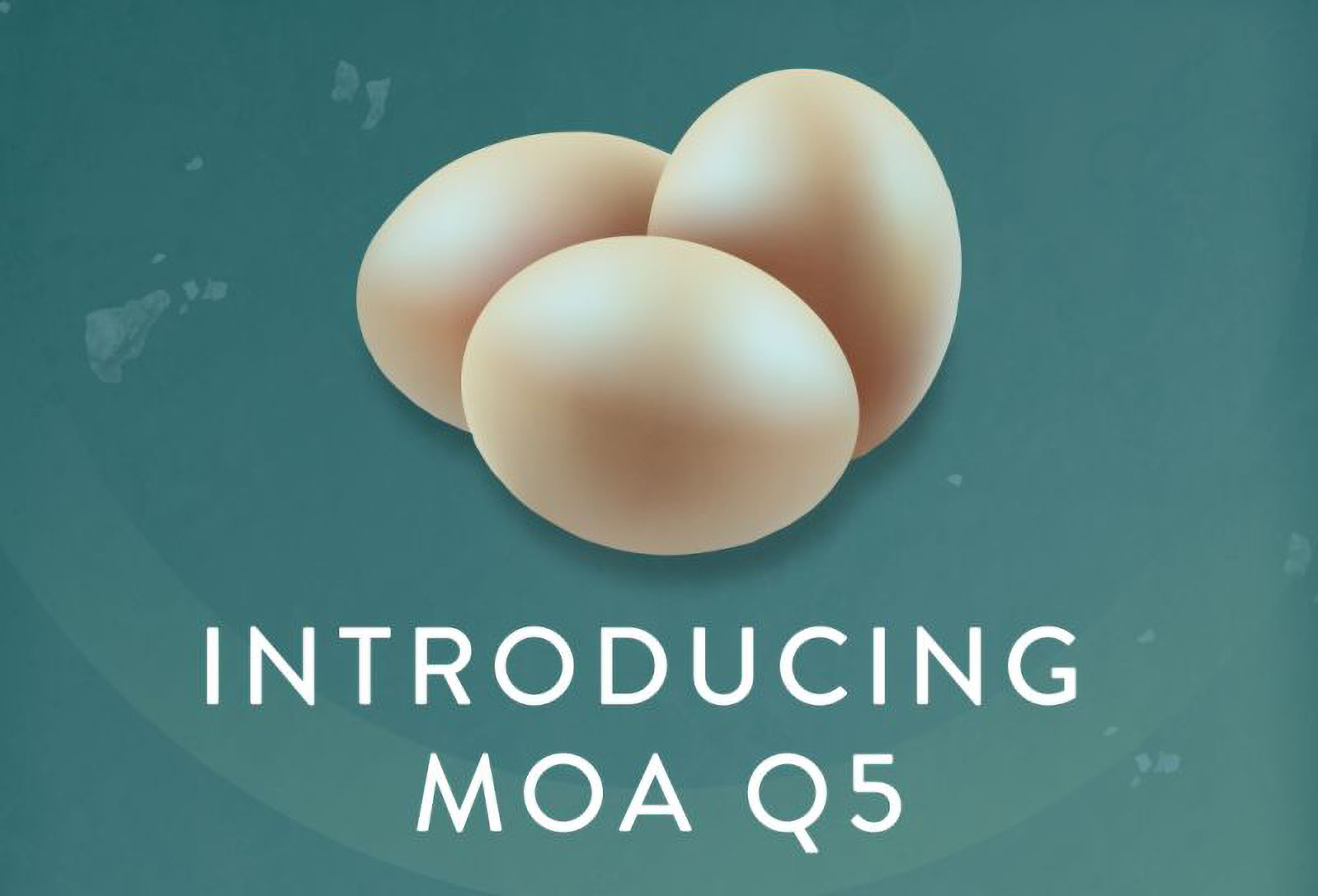

FPP Amsterdam 2025 Speaker Interview: Financing the future of fermentation
Backed by DSM and Fonterra, Vivici is moving fast to prove that precision fermentation can deliver commercial dairy proteins at scale. CFO Daniel Bisley explains how disciplined execution, pragmatic financing, and open collaboration are turning that vision into reality
In the volatile world of food technology, raising capital has never been easy – but for precision fermentation companies, it has become a high-wire act. Investors are cautious, timelines are long, and the leap from pilot-scale promise to industrial reality can feel more like a canyon than a gap. For Daniel Bisley, Chief Financial Officer at Vivici, navigating that landscape is about one thing above all: credibility.
“Investors are really focused on execution and delivery now – not just a compelling story, but proof that you’ve done what you said you would do,” he said when we spoke ahead of The Future of Protein Production Amsterdam conference, taking place in the Netherlands on 29-30 October. Bisley’s tone is pragmatic, not defensive. After all, he’s a finance veteran – former investment banker, private equity investor, and CFO of multiple tech scale-ups – who now finds himself helping steer one of Europe’s most closely watched precision fermentation ventures.

Vivici, backed by DSM and Fonterra, is using precision fermentation to produce dairy proteins identical to those found in cow’s milk, but without the animal. Founded just 2.5 years ago, the company already has its first commercial ingredient on the market – a pace that would be impressive in any industry, let alone one still defining its own regulatory and manufacturing playbook.
“You can’t just show up with a vision and expect a check anymore – you need a credible path forward”
That momentum, Bisley explains, is built on a disciplined, milestone-driven approach to fundraising. “You can’t just show up with a vision and expect a check anymore,” he says. “You need a credible path – technical progress, commercial traction, and a team that’s shown it can deliver.”
Rather than chasing capital reactively, Vivici has taken a phased strategy. “Post-Series A, we’ve been very deliberate,” Bisley says. “We go out and say: here’s our plan, here are the milestones we’ll hit over the next 18 to 24 months. Once we’ve achieved them, would you be interested in joining the next stage of the journey?” It’s a cadence designed to manage expectations and build trust – and, crucially, to prove that Vivici can accelerate rather than slip. “In some cases, we’ve even brought milestones forward,” he adds. “That gives both us and investors a lot of confidence.”

Beyond the spreadsheet
Bisley’s own trajectory into food technology wasn’t inevitable. “I’m probably the only person at Vivici without a science or food background,” he laughs. “But that gives me a complementary perspective.” His career began in investment banking and M&A, followed by a decade in private equity and venture capital before he moved to the operational side of startups. After several CFO roles in software and SaaS businesses, he wanted to apply that skill set to something with tangible, global impact. “Food was the obvious place,” he says. “It’s where finance can help deliver impact at scale.”
What he found at Vivici was a company attempting to rewrite the economics of dairy. “We’re a food ingredients company, not a tech company,” he says. “We start with the end customer in mind.”
That mindset has proven essential in a business that sits at the crossroads of biotechnology, food science, regulation, and manufacturing. “Many startups in our space begin on the strain side – they have a great strain, but that’s still a long way from having your ingredient incorporated into a product on a supermarket shelf,” Bisley says. “You need to master the entire chain: upstream and downstream processing, scale-up, manufacturing, regulatory approval, and finally product formulation with customers. Each stage demands completely different skills.”
Vivici’s structure reflects that reality. From day one, it invested in commercial capability alongside R&D, so that conversations with customers began while the first grams of product were still being made. “That early engagement has been invaluable,” he says. “We weren’t waiting until we had tons of material to start understanding where the value lies.”
.jpg)
Knowing where to innovate
The word ‘discipline’ comes up repeatedly in conversation with Bisley. For him, innovation isn’t about reinventing every wheel – it’s about knowing where to apply creativity and where to follow proven playbooks. “A startup can’t innovate across every part of the value chain – nor should it,” he says. “There are already established best practices for bringing new ingredients to market. The art is knowing when to innovate and when to execute.”
That philosophy, he argues, is one reason Vivici has moved so quickly. “We’re operating at a pace I haven’t seen elsewhere. We’ve often gotten things right the first time, and that adds speed. It’s what’s allowed us to go from company formation to commercial product in under three years.”
He’s under no illusion, however, about how tough the next phase will be. The so-called ‘valley of death’ between pilot and full-scale production is a familiar trap in industrial biotech – and the stakes are high. “We’re in a good position because market demand for our product is strong,” he says. “But to truly unlock the economics, we need to do what we’re doing today at full industrial scale.”
That brings the conversation to financing – and the sector’s most stubborn bottleneck: access to commercial-scale fermentation infrastructure.

The scale-up conundrum
“If you look at traditional project financing, lenders are used to working with businesses that have 10- or 15-year offtake agreements in place,” Bisley says. “That’s just not how the food industry works, especially for novel ingredients.”
It’s a structural mismatch that leaves many precision fermentation startups in limbo – too risky for banks, too capital-intensive for venture investors, and too early for project finance. “To bridge that, we need new partnership formats,” he says. “Creative collaborations between companies, investors, and manufacturers that unlock capacity while sharing risk.”
He sees a role for government-backed guarantees or underwriting mechanisms, but warns that traditional non-dilutive funding programs can be double-edged. “They’re valuable, but they often come with impossible demands and a heavy administrative burden,” he says. “For small companies moving at speed, that can be hard to manage. Streamlining that process would make a real difference.”
For now, Vivici’s model is to blend strategic investment, strong partnerships, and pragmatic transparency. “We’re in constant dialog with both our existing and potential investors,” Bisley says. “We explain our plan, our milestones, and our timing. As long as we keep delivering against that, there should be appetite to back our progress.”
It’s a delicate balance: moving fast enough to meet commercial demand while keeping financial discipline tight enough to survive the messy middle. “That transparency builds trust,” he says. “It creates a credible path through uncertainty.”

Collaboration as competitive advantage
For all the talk of capital, Bisley returns repeatedly to people. “You need the right mix of experience across every stage,” he insists. “We have dairy expertise, biotech expertise, manufacturing expertise – and crucially, we have people who’ve brought ingredients to market before. That’s what allows us to move quickly and avoid common pitfalls.”
But even the best internal team, he maintains, isn’t enough. “We’re still a 25-person company. We fully acknowledge we can’t do everything in-house – and we don’t want to. There are pockets of excellence across the ecosystem: brilliant strain developers, CDMOs, regulatory specialists, food formulators. Our job is to connect them.”
“It’s not about whether the technology will mature – it’s about whether we can scale fast enough to meet the demand”
That philosophy is more than rhetoric. Vivici has embedded what Bisley calls a culture of open innovation – a reflex to partner rather than vertically integrate. “It’s really about mindset,” he says. “If you can land that mindset within the organization and implement it throughout the business, it makes all the difference.”
The trick, of course, is alignment. “Every partnership starts with big plans and ambition,” he says. “The key is to have a sense of realism from day one – understand what each party needs, and align those interests early. If the incentives are right, you’ll get there even if things take longer than expected.”
He’s pragmatic about negotiation, too. “We focus first on how to maximize the opportunity together,” he says. “Questions about dividing the value come later, when it’s relevant. If there’s enough value for everyone, it becomes a genuine win-win.”
.png)
From validation to inevitability
Two years ago, Vivici’s CEO, Stefan van Sint Fiet, appeared in The Future of Protein Production Startup Symposium – part of a new generation of founders aiming to make fermentation commercially viable at scale. Seeing how far the company has come since then is proof of how quickly the field is maturing.
But Bisley’s optimism isn’t grounded in hype or even technology. It’s grounded in customers. “Our customers want our products, and they’re already making fantastic products with them,” he says. “That demand is very real and very strong.”
For him, that’s the ultimate validation – and the clearest reason to believe that precision fermentation’s time has come. “It’s not about whether the technology will mature,” he said. “It’s about whether we can scale fast enough to meet the demand. The demand is there – and that’s what gives me real confidence in the future.”
Daniel Bisley is one of more than 100 speakers taking to the stage at The Future of Protein Production Amsterdam on 29/30 October 2025. To join him and more than 1,000 other attendees, book your conference ticket today and use the code, 'PPTI10', for an extra 10% discount on the current rate. Click here
If you have any questions or would like to get in touch with us, please email info@futureofproteinproduction.com






